Der Liebesbegriff bei Augustin. Berlin: Julius Springer Verlag, 1929. Translation as Love and Saint Augustine, with an interpretive essay by Joanna V. Scott and Judith C. Stark. Chicago: University of Chicago Press, 1996.


Der Liebesbegriff bei Augustin. Berlin: Julius Springer Verlag, 1929. Translation as Love and Saint Augustine, with an interpretive essay by Joanna V. Scott and Judith C. Stark. Chicago: University of Chicago Press, 1996.
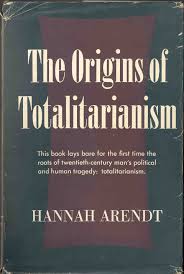
New York, Schocken Books: 1951. Revised ed., 2004. (Includes all the prefaces and additions from the 1958, 1968, and 1972 editions.)
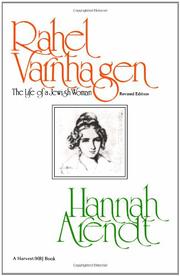
Revised edition translated into English by Richard and Clara Winston. New York: Harcourt Brace Jovanovich, 1974. Critical edition edited by Liliane Weissberg. Baltimore: Johns Hopkins University Press, 1997.
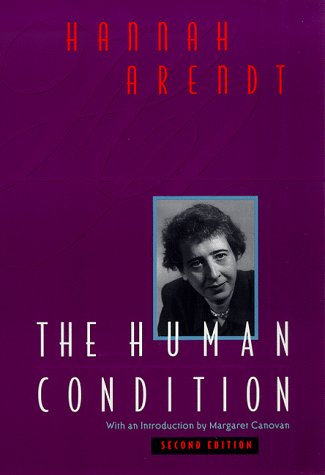
Chicago: University of Chicago Press, 1958.
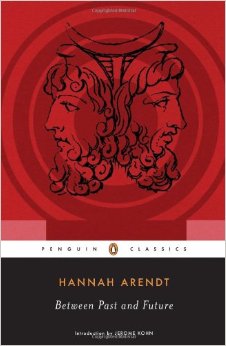
New York: Viking Press, 1961. Revised edition, 1968.
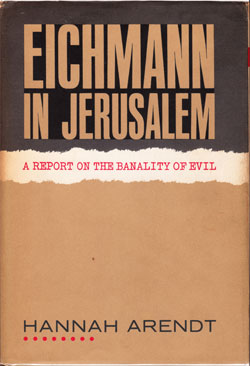
New York: Penguin, 1963.
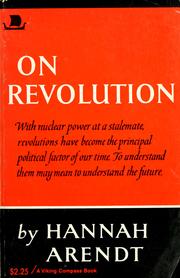
Arendt, Hannah. New York: Viking Press, 1963. Revised second edition, 1965.
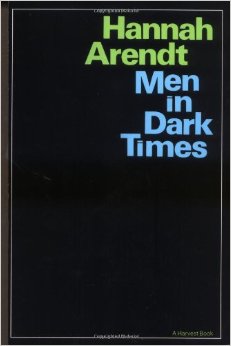
New York: Harcourt Brace Jovanovich, 1968.
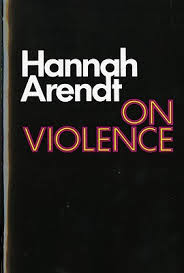
New York: Harcourt Brace Jovanovich, 1970.
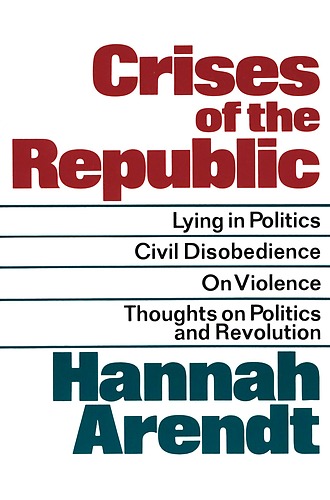
New York: Harcourt Brace Jovanovich, 1972.
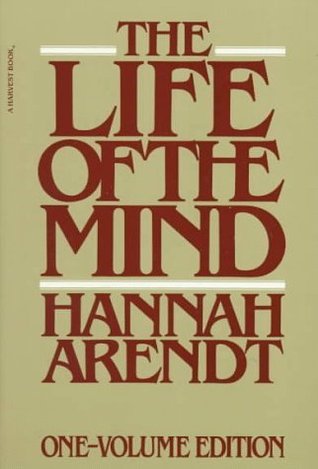
New York: Harcourt Brace Jovanovich, 1978.
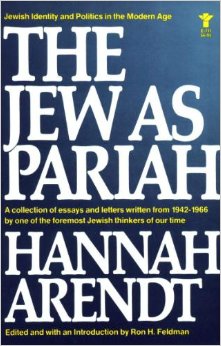
Edited and with an introduction by Ron H. Feldman. New York: Grove Press, 1978.
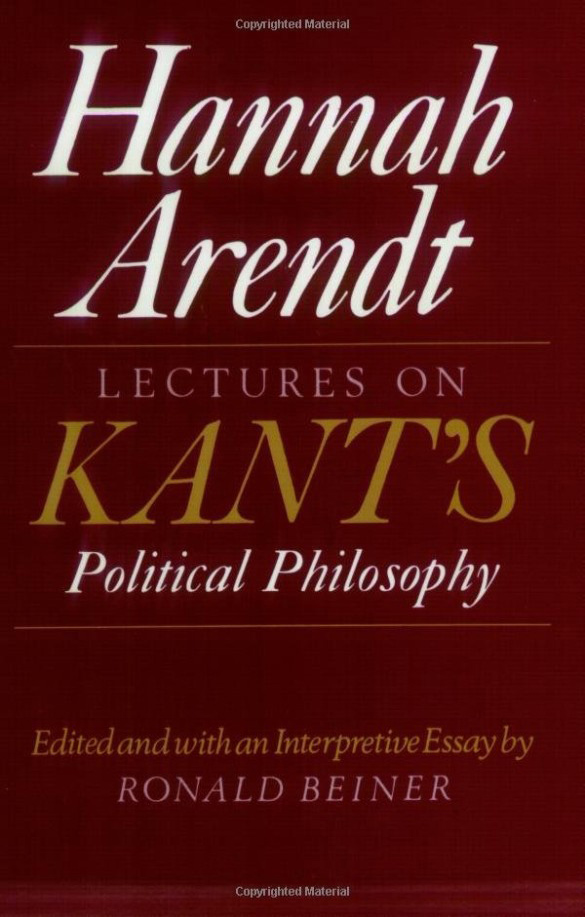
Edited and with an interpretive essay by Ronald Beiner. Chicago: University of Chicago Press, 1982.
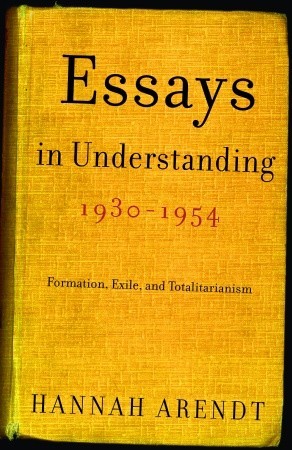
Edited and with an introduction by Jerome Kohn. New York: Harcourt Brace & Company, 1994.
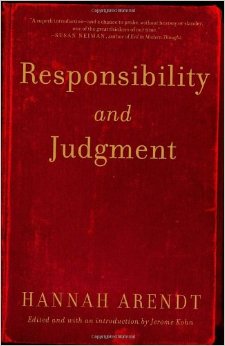
Edited and with an introduction by Jerome Kohn. New York: Schocken Books, 2003.

Edited and with an introduction by Jerome Kohn. New York: Schocken Books, 2005.
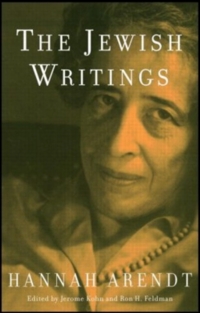
Edited by Jerome Kohn and Ron H. Feldman. New York: Schocken Books, 2007.